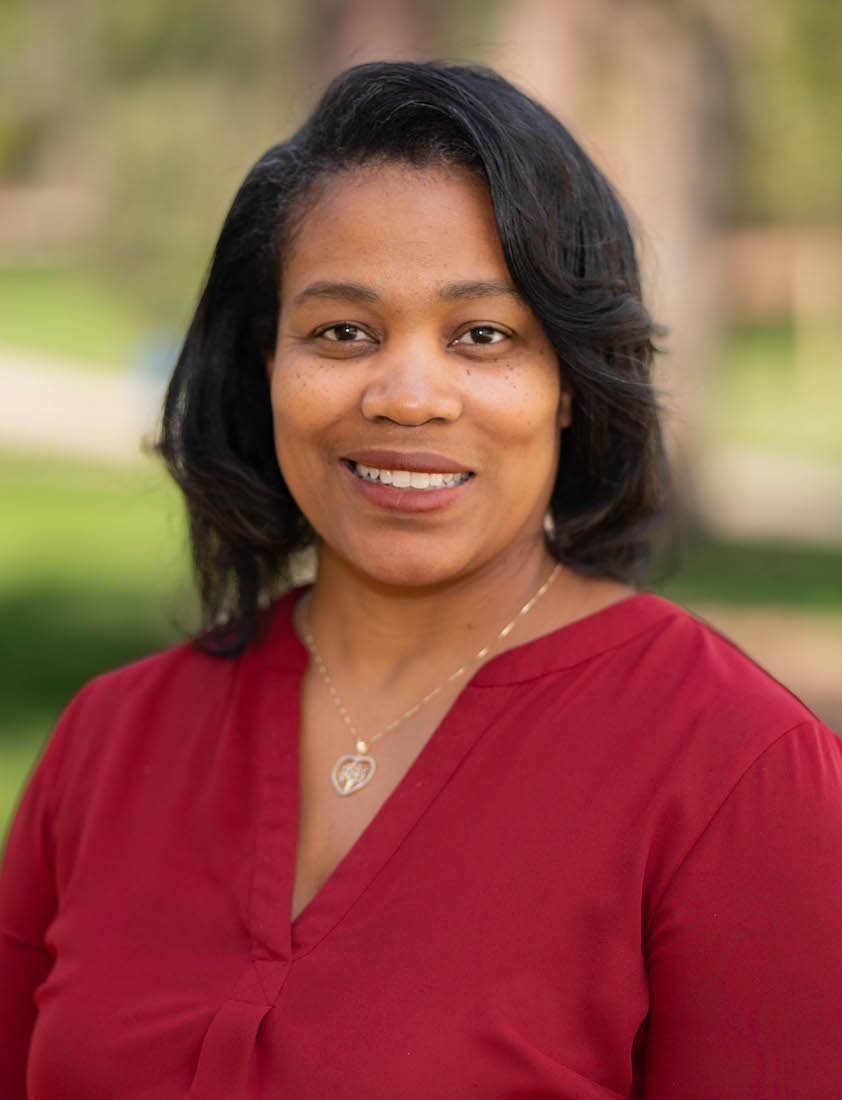Dorinda Carter Andrews is chairperson of the Department of Teacher Education in the College of Education at Michigan State University and a professor of race and educational equity. Carter Andrews is a former industrial engineer, high school math teacher and kindergarten teacher. Her teaching experience spans suburban, urban, charter and independent schools.
For as long as I can remember, I wanted to be a public school teacher.
What makes teaching so special to me is the relational aspect of the work and the opportunity to inspire young people to imagine a current and future version of themselves that they may never have considered. The work of a teacher can motivate students to dream bigger about the possibilities for their life. My wish throughout my career has been the same: I want students to experience success and possibility in and beyond the classroom.
The MSU College of Education and Department of Teacher Education are places where students experience authentic and caring relationships, possibility and success. Many things make MSU a special community for receiving the best preparation to become a PK-12 teacher, but three of the most important aspects are the relationships that are cultivated and maintained between students and faculty throughout their degree experience and beyond, the stellar teaching credentials of faculty and graduate students, and the multiple opportunities for students to learn through field placements in schools and community organizations.
Relationships matter
Research indicates that strong relationships between students and teachers are foundational for engagement, belonging and learning. In MSU’s Teacher Preparation Program, teacher candidates develop meaningful connections with educators in PK-12 settings as well as other stakeholders who are committed to enacting evidence-based research and practice for maximizing their learning outcomes. These relationships prioritize understanding how to draw from students’ lived experiences to help them achieve subject area mastery and behavioral skills for meeting the academic and social needs of various types of learners.
I want students to see themselves as members of a community of learners who are being treated with dignity, care and respect while learning what these concepts look like in practice with culturally diverse students and families. I always feel a deep sense of urgency for my students to know that I care about their learning in the same way that I care about my own children’s learning. Our program instructors share the same type of passion for preparing teachers to enter the workforce ready to enact humanizing, asset-based and justice-focused practices in their own classrooms.
Faculty and graduate student credentials
While ‘quality’ is defined in a multitude of ways, having strong research and practical knowledge in the field of education is critical to preparing future teachers. One way MSU provides rich learning experiences is through our rich histories as former PK-12 teachers. My own years as a teacher in the U.S. South and Northeast, and researcher in urban and suburban schooling contexts provided me with personal and research-based knowledge that informs the guiding principles and practices that I use in training future teachers.
Many faculty and doctoral student instructors, and colleagues in our partner schools have years of personal PK-12 teaching experience. Research indicates K-12 students who learn with certified teachers have better academic outcomes. It is the same here: Because of the diverse experiences and perspectives offered here, our graduates are lauded as some of the best teachers in Michigan and beyond. Further, our faculty research is some of the most innovative and ground-breaking in the field of education and is impactful in providing solutions to real-world educational challenges across the state, nation and world.
Multiple touchpoints in schools and communities
Preparing a high-quality teacher cannot happen in the isolation of a college classroom. Being able to experience teaching and learning in formal and informal educational settings throughout one’s degree program can sharpen one’s pedagogy and practice.
I am grateful for my experiences as an academic tutor and as part of a Big Brothers/Big Sisters program when I was training to be a teacher. These experiences afforded me opportunities to interact with diverse families and communities. Conducting case studies, interviewing educators, and observing practices expanded my knowledge about the sociocultural and sociopolitical climate of teaching and learning and the types of educational inequities I would face in my work. It also highlighted the rich funds of knowledge families and students bring to the learning environment. MSU teacher candidates have similar opportunities — and even an expanded collection of experiences — to deeply understand myriad elements of teaching and learning.
Teaching is the one profession that touches the lives of nearly everyone in society. It is my life’s work. It is an honor to be part of training so many generations of educators in a university and program that have produced so many individuals whose impact continues to have positive ripple effects across so many communities.
